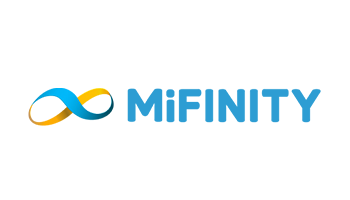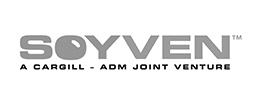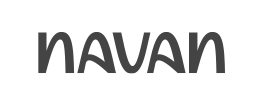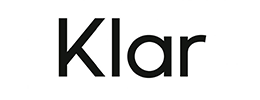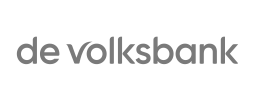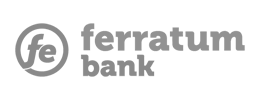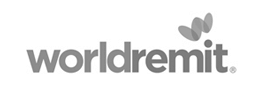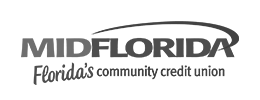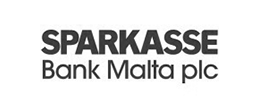The Travel Industry in 2019: Trends, Challenges and How Reconciliation Tools Bring Value
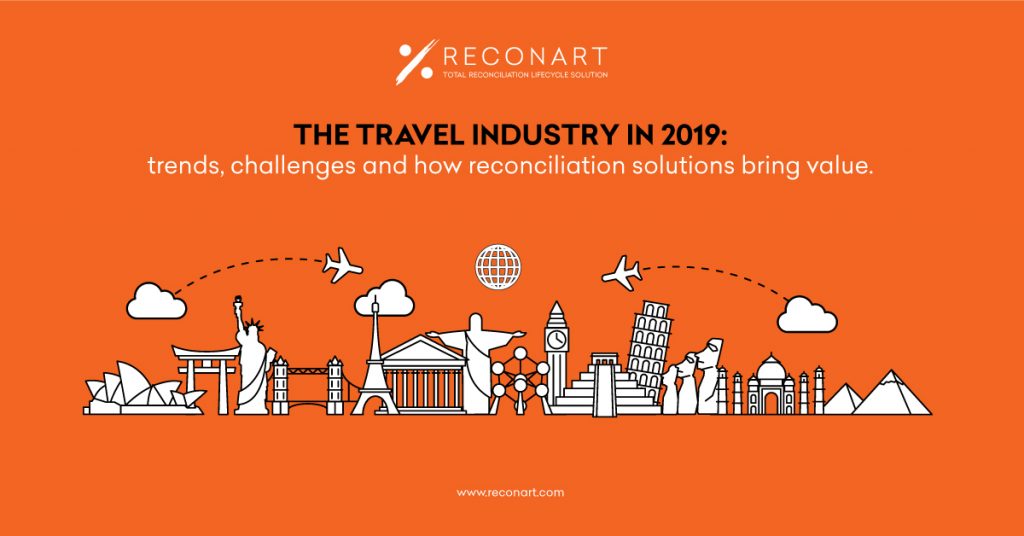
The travel industry has evolved tremendously in the past decades. Traveling the globe in 80 days might have been a miraculous achievement in the 19th century, but in today‘s hectic world anyone who can spare two or three weeks on the road can do it without breaking the bank.
No need to be a brave male adventurer on a dangerous mission. Travelers’ profiles have evolved to include the solo female tourist, the family living in their tiny mobile home with three toddlers on a quest to visit every State Park in the USA or the digital nomad couple Instagram influencers, who have 100+ countries on their travel list.
The travel industry impressive growth and transformation
The travel and leisure industry has changed tremendously to become one of the fastest-growing sectors in the world. According to the World Travel & Tourism Council, it supports one in 10 jobs worldwide and generates around 10% of the global GDP. Further, World Bank data shows that for the last 20 years, the number of international departures has doubled to reach US$ 1.5 billion dollars in 2016. The direct economic contribution of travel and tourism to the global economy amounted to approximately US$ 2.57 trillion in 2017 (Statista portal).
Behind the figures, the main contributing factors for this steady increase are found in various layers. Intense competition in the airline services allows tourists to benefit from low-cost providers and promotional packages of the traditional airlines, so going to the other side of the world has never been so affordable and easy. In addition, the rise of shared services like Airbnb, Uber and ToursByLocals, not only lightens the travel budget but also facilitates diving into the local culture and way of life.
The rise of the individual traveler unlocks new opportunities
In general, the modern traveler is less inclined to enroll in organized trips with itineraries covering major tourist attractions. Instead, he wants to travel consciously, to be mindful of the local communities’ problems and the impacts of his visit and to spend his money in local economies (small producers, boutique hotels, green initiatives). The search for unique and authentic travel, tours organized by locals, culinary tourism, the slow movement and ecological challenges all shape individual spending habits to shift from consumer goods to experiences.
From an economic perspective, a stable economy drives both individual trips as well as corporate business demand and boosts hospitality sector performance. The positive outlook for the travel industry subsequently attracts new innovative players, ready to jump in and shake the status quo.
Travel startups have raised more than US$ 5 billion in venture capital in 2018 with Klook accounting for US$ 1 billion, Tour Radar for US$ 50 million, etc. At the same time, the travel industry is embracing emerging technologies and the opportunities they offer for improving client satisfaction. Innovative digital marketing tools, big data, machine learning, blockchain, automation or robotics are employed increasingly to create unique travel experiences.
Rethink operations to fit the new market dynamics
Some twenty years ago, booking a trip meant visiting a local agency office, viewing glossy brochures and long talks with the travel agent. Fast forward and we have a different picture. Whereas today a substantial number of travel bookings are made online whether directly on the supplier website or through a booking marketplace.
As a result, the steeply increasing volume of travel data to be processed brings challenges that shouldn‘t be underestimated. For the travel and hospitality sector, this means managing high volumes of payment transactions from multiple sales channels.
Sharp increase of transaction data in travel & tourism
If we review an airline service, it operates in a considerably streamlined model. Airlines sale through various channels (direct, online, through travel agencies), have offices in different locations and usually, airline tickets are fully paid in advance. As commissions are applied between the parties, companies need to ensure revenue from the sales process is timely and precisely recorded in their internal systems.
On the other hand, hotel industry payments processing has some inbound operating complexity. Apart from the direct bookings, reservations may occur through online travel agencies, other operators and partners. The customer can pay upfront for the hotel booking if the reservation is made through a travel agency. Subsequently the agency is working with the hotel based on the agreed model of commissions.
Alternatively, the hotel guest can book the stay through an operator, but pay at the hotel reception upon check-in. Hotels welcome guests from all over the world and ideally should accept a broad range of payment channels (credit/debit cards, bank transfers, mobile apps, digital wallets and the like). They are supposed to handle multi-currency transactions and take into account a variety of payment schemes.
Going a step up on the complexity level scale, Travel/Booking portals sell a portfolio of services (airline tickets, hotel accommodations, rent-a-car, attraction and activity tours, insurance policies). They interact with plenty of partners and suppliers and process customer payments, B2B payments and commissions. With this number of relationships, there might be a lengthy chain of intermediaries before a payment walks the way to reach its final recipient.
The key role of transaction processing in the modern travel industry
Every transaction has unique identifiers. However, while interacting with service providers and distributors, the possible transactions flow may include payments offset, delays and batch invoice processing. In such cases, the service provider shall be able to verify, in a reliable way, whether the services rendered have been paid indeed. Service providers need a clear overview of transactions in their counterparts’ network.
However, the lack of visibility, the risk of human errors, combined payments, not properly documented invoices or non-standard forms of payment may lead to under/overpayments, create bottlenecks in the accounting. But most importantly, they undermine client satisfaction and create reputation issues in a highly competitive market. The travel industry payment ecosystem needs a streamlined reconciliation process to ensure the integrity of the payment flows, control spending and prevent losses.
ReconArt – automated account reconciliation solutions for travel, tourism & hospitality
Modern, cloud-based reconciliation solution fits perfectly with the requirements of this dynamic and complex environment. ReconArt can handle immense transactional volumes, enrich Client’s data and easily integrate with ERP systems and external data sources. This makes ReconArt’s platform a reliable partner for the companies of different sizes, regions and product offerings in the travel and hospitality sector. Our successful cooperation with clients in the travel and hospitality sector has given us a valuable insight into the industry-specific reconciliation processes and challenges to overcome.
Holiday Extras is a UK market leader for travel extras like airport hotels and parking, car hire, insurances and therefore deals with numerous vendors. After implementing ReconArt they are able to automatically match the supplier invoices in large volumes and a number of different formats, so exceptions are identified daily and handled properly. Holidays Extras’ team leverages ReconArt’s intuitive matching rules that are easy to set up without the involvement of IT resources. Defined by the business user with a spreadsheet-like logic, they mirror company processes of any complexity covering one to one, one to many or many to many matching scenarios.
Another ReconArt client, being a global accommodation marketplace with millions of offerings, processes and validates a vast number of transactions. ReconArt successfully met the requirements of this heavy transactional environment with its capability to automate all critical activities in the reconciliation lifecycle. This includes data import, automated journaling of exception categories after approval, transaction matching, exception categorization, workflow steps, role-based notifications, data exports as well as report generation and delivery.
The future of travel industry
Towards the end of 2019 and in 2020, we can only expect the travel boom to continue with dynamic rates. The modern traveler is more demanding than ever, so the industry should be equally adaptive and innovative. With technology being in the foundation of this metamorphosis, ReconArt is excited to be part of the travel sectors’ modernization by accelerating its finance transformation. If you want to learn more, don’t hesitate to request a demo here.

 follow our blog
follow our blog